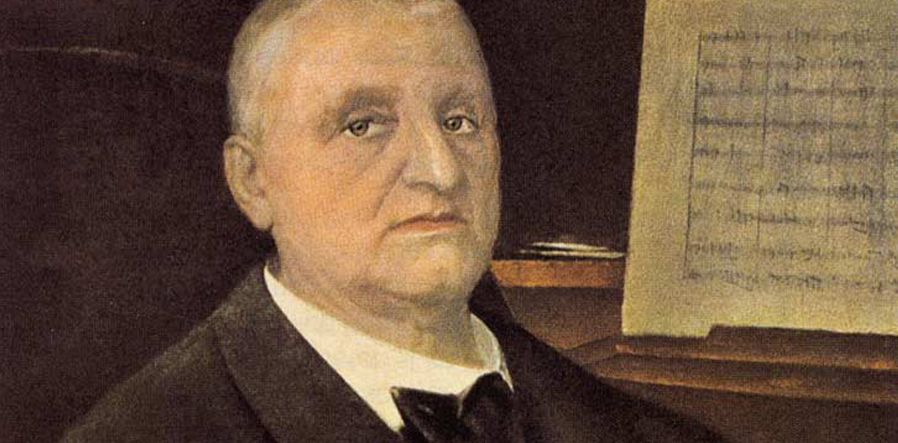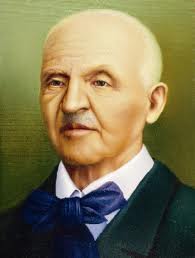Anton Bruckner, the renowned Austrian composer, left an indelible mark on the world of classical music. His symphonies, characterized by their grandeur, spirituality, and intricate harmonies, continue to captivate audiences around the globe. Born in 1824, Bruckner’s journey from humble beginnings to becoming one of the most influential composers of the late Romantic era is a testament to his perseverance, unwavering dedication, and profound musical genius.
Early Life and Musical Education:
Anton Bruckner was born on September 4, 1824, in the rural village of Ansfelden, Upper Austria. Growing up in a humble family, he showed an early affinity for music, learning to play the organ from his father, a village schoolmaster. Bruckner’s talent was evident from a young age, leading him to pursue formal music education at the age of eleven.
In 1837, Bruckner enrolled at the Augustinian monastery in St. Florian, where he studied organ, music theory, and composition under the tutelage of Father Franz Xaver Haberl. It was during this time that he honed his skills as an organist and immersed himself in the works of Bach, Mozart, and Beethoven, which greatly influenced his musical style.
Career and Musical Style:
After completing his studies at the monastery, Bruckner embarked on a career as an organist and music teacher. He held various positions in Linz and Vienna, where he encountered both triumphs and challenges. Despite facing criticism and resistance from some contemporaries, Bruckner remained committed to his artistic vision and developed a unique compositional style.
Bruckner’s symphonies are known for their vast scale, lush orchestration, and powerful emotional impact. Drawing inspiration from the religious music he encountered during his formative years, Bruckner infused his works with a profound sense of spirituality and transcendence. His compositions often feature expansive structures, intricate counterpoint, and a distinct harmonic language that blends traditional tonalities with adventurous modulations.
While his early symphonies faced initial rejection and revision, Bruckner’s breakthrough came with the premiere of his Symphony No. 7 in 1884, which garnered widespread acclaim. This success propelled him to the forefront of the musical scene, and he subsequently composed three more symphonies, known as the “mature symphonies,” which solidified his reputation as a master symphonist.
Legacy and Impact:
Anton Bruckner’s contributions to the world of music cannot be overstated. His compositions, especially his symphonies, have become staples of the orchestral repertoire, celebrated for their complexity, emotional depth, and spiritual resonance. Bruckner’s works paved the way for the development of symphonic music in the 20th century, influencing subsequent composers such as Gustav Mahler and Jean Sibelius.
Furthermore, Bruckner’s unwavering devotion to his art and his unassuming personality continue to inspire musicians and composers to this day. Despite facing personal setbacks and criticism, he remained true to his artistic vision, creating music that spoke to the human spirit and reached unparalleled heights of beauty and transcendence.
Conclusion:
Anton Bruckner’s life and music exemplify the power of dedication, resilience, and the pursuit of artistic excellence. From his modest beginnings as an organist to his status as one of the most revered composers of the Romantic era, Bruckner’s symphonies continue to resonate with audiences worldwide. His ability to evoke profound emotions, explore the boundaries of musical expression, and infuse his compositions with spiritual depth is a testament to his enduring legacy. Anton Bruckner’s symphonies remain a testament to the remarkable journey of a man who transformed the world of classical music and forever etched his name in its illustrious history.


Comments are closed